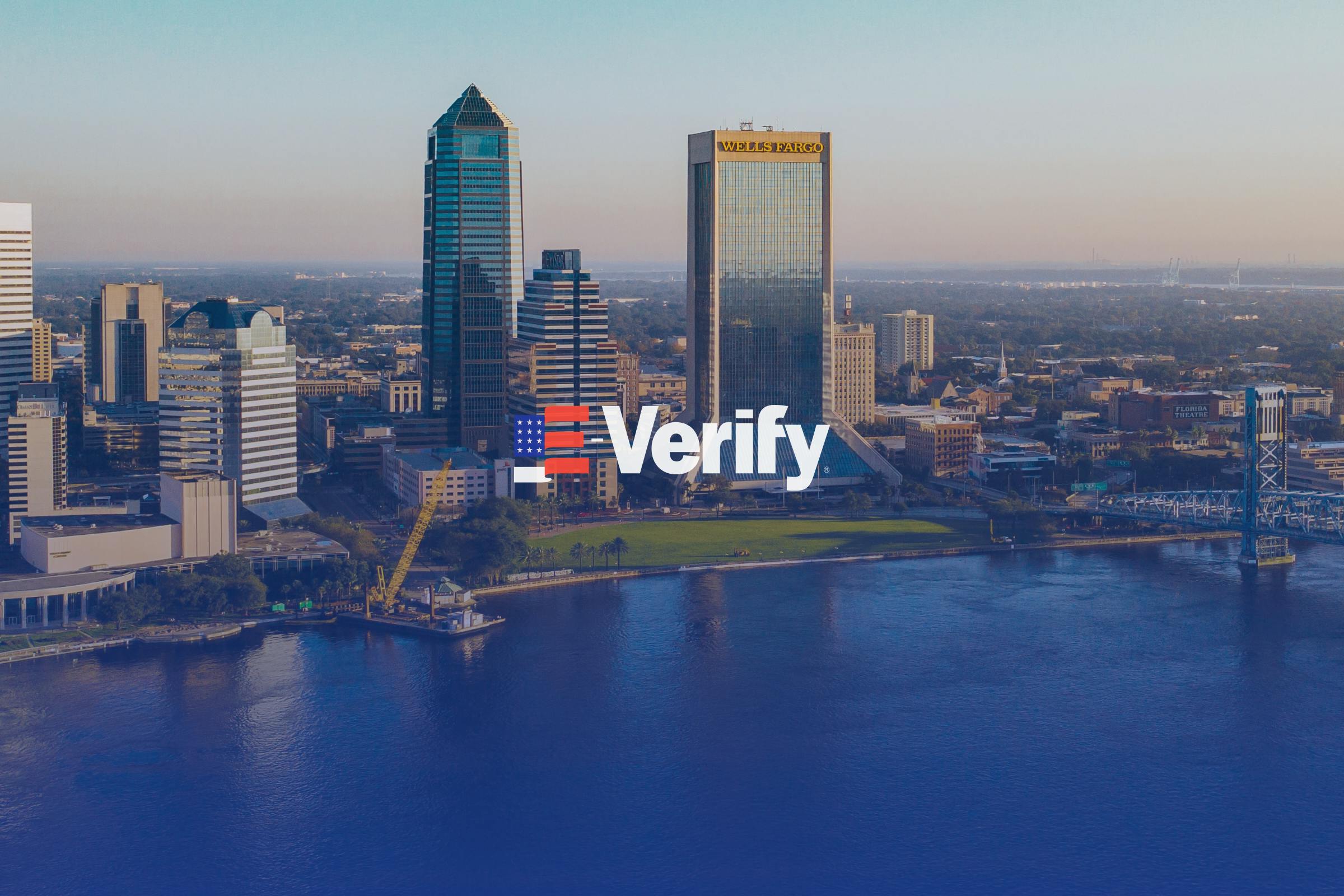A common issue that affects immigrants living in the United States is the possibility or mistaken happening of falling out of status. Falling out of status means that an individual came to the United States with lawful status, such as an employment-based or student-based visa, but has “fallen out” of the original status they were granted when they arrived in the U.S. This is problematic because falling out of status can affect future green card applications, being able to petition for a loved one in the future, or even U.S. citizenship later down the road.
This blog is meant to clarify some of the more subtle ways that a non-citizen residing in the U.S. can fall out of status and act as a preventative means for understanding falling out of status.
Taking a New Job Offer
If you were granted a conditional visa to enter the United States on behalf of an I-140 petition, then the job you have in the U.S. is what is allowing your legal residence in the country. However, life happens, and sometimes visa holders get a new employment opportunity. They might even get an employment opportunity within the same company. If you switch jobs, or even to a different unit in the company that hired you, you are technically violating U.S. immigration law. Nothing will happen immediately when an employee decides to make the switch, but it does signify to the USCIS that you are currently out of status.
If you eventually try to apply for a green card, you may have trouble being admissible because of this conditionality. It’s important to consult an immigration attorney even if you are taking a new job with a different salary inside the same company.
Not Engaging in Activity for Which Admitted
An extension of this technical rule applies to students who are on J-1 visas, or those who apply for a work permit (EAD) for Optional Practical Training. For example, if a student applies for a work permit via the I-765, is granted a work permit, but is working outside of the job description for which they applied to seek training in, this would be called falling out of status as well. In a similar scenario, a student could be granted OPT and throughout the year they are working, decide they want to work for a different campus based organization. Although the student might be working in the same field (for example, life sciences), they are still violating the basis under which they sought OPT. This would qualify as falling out of status, and could lead to the student having the rest of their OPT revoked.
Missing your Extension Date
Another way non-citizens can fall out of status without even knowing is by missing the extension date on their visa. The J-1 visa, for example, is almost always valid for five-year periods and applies mostly to foreign PhD students (this is because the average time it takes to complete a PhD is five years, minimum). However, at the five-year mark, you’ll need to make sure you are able to extend and pay a visit to your DSO—Designated School Official. If PhD candidates are not careful, they can easily miss this date. There is also a grace period of 30 days to consider after the visa expiration date in which the non-citizen in question can remain in the U.S.
The Fiancé Visa
Another type of visa, the fiancé visa, is perhaps easier to fall out of status by deciding to not marry, but then remaining in the United States past the 90 day mark. This can happen if the couple is not ready to get married, or is struggling to receive their marriage certificate, which they need to file for an adjustment of status.
Overall, falling out of status is something that all non-citizens want to avoid. The USCIS is structured so that you can fall prey to the system of being found inadmissible. Inadmissibility denies future applicants the benefits they might rightly deserve had they not fallen out of status.














